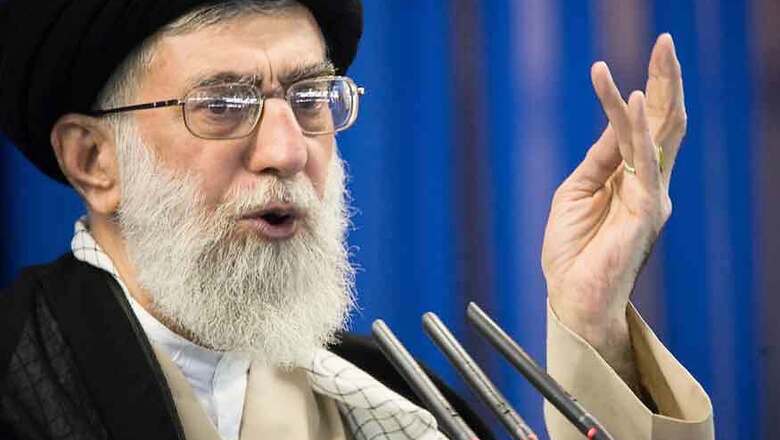
views
Tehran: Iran's supreme leader has agreed that people killed in nationwide unrest last month who had no role in fomenting it should be treated as "martyrs" with their families compensated.
Ayatollah Ali Khamenei was responding to a report on the protests made by Iran's Supreme National Security Council, his official website said Wednesday. He ordered that its recommendations "be implemented as soon as possible".
Demonstrations erupted in Iran on November 15 against a surprise hike in petrol prices by as much as 200 percent.
Iran has yet to give overall figures for the number of people killed or arrested when security forces moved in to quell the unrest that saw buildings torched and shops looted.
London-based human rights group Amnesty International said on Monday that at least 208 people had died. But Iran has dismissed the high death tolls reported by foreign sources as "utter lies".
Khamenei agreed to the recommendation that "normal citizens with no role in the recent protests and riots who died in the clashes" be treated as "martyrs" with their families eligible for support from the Martyrs and Veterans Foundation.
Iran usually grants the title of martyr to soldiers killed on duty and the foundation is tasked with providing their families with financial benefits and better housing, employment and education opportunities.
Khamenei said that families whose loved ones "lost their lives in any way during the demonstrations" would be "paid their blood money as restitution". Blood money is an Islamic legal term for financial compensation payable by law to the families of murder victims.
Even the families of those "killed while armed and in clashes with security forces" would not be held accountable for their loved ones' actions but would be shown "Islamic clemency" and "compensated proportionally", Khamenei's statement said.
Iran has blamed the violence that broke out during the protests on "thugs" backed by its foes the United States, Israel and Saudi Arabia.
It has also accused exiled royalists and the People's Mujahedeen of Iran (MEK), an exiled former rebel group which it considers a "terrorist" cult, of being behind the violence.
Israel and the United States have seized on the protests as evidence Tehran's authority is "tottering" in the face of the crippling US sanctions President Donald Trump reimposed last year.










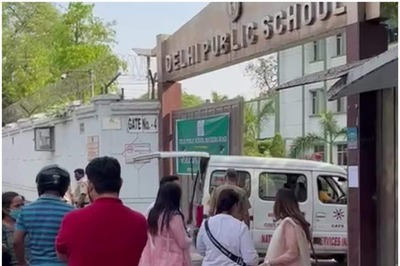
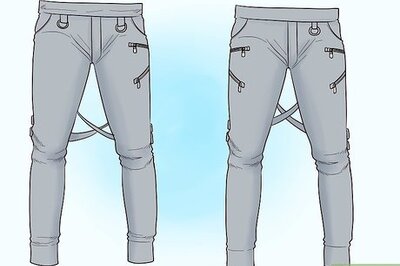

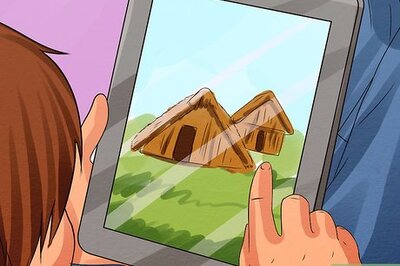
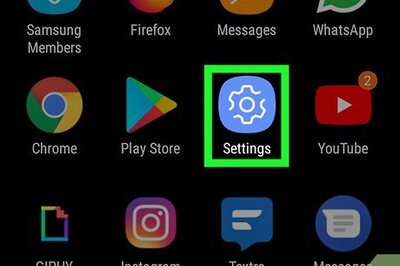



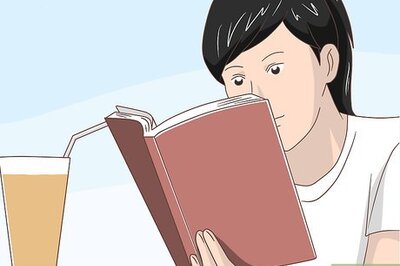
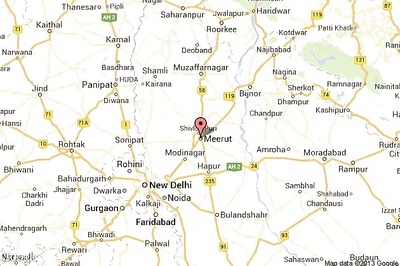
Comments
0 comment